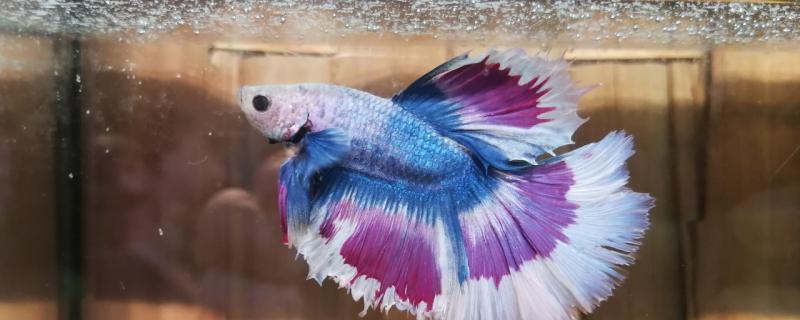 1. How long does the Thai betta grow and form
1. How long does the Thai betta grow and form Under normal feeding, the Thai betta can mature in 3-4 months, and can reproduce at this time. Although they can reproduce in about 3-4 months, their bodies are not fully developed. The body length of Thai betta fish is generally between 10-15 cm, and its body shape is different in different growing environments. If raised properly, their body length can reach about 15 cm. If the breeding environment is poor, their body length can only grow to about 10 cm.
2. How to raise Thai betta fish to grow up1. Feed high nutrition food: If you want Thai betta fish to grow up, you must ensure their adequate nutrition. When raising artificially, it is best to feed them some high-nutrition foods, such as bumper shrimp, red worms, bread worms, water fleas, water earthworms and so on. Although they prefer animal feed, breeders should regularly feed them with some plant feed, so as to ensure their nutritional balance.
2. Keep the living environment comfortable: If Thai betta fish want to grow bigger, the breeder must ensure that they live in a comfortable environment. Usually, the water temperature should be kept at about 22-24 ℃, because in this temperature range, their activity and appetite are the highest. The growth rate is also the fastest. If conditions permit, it is recommended to install heating rods for constant temperature. In addition to the water temperature, breeders should keep the water quality stable, and the amount of water change should not be too large and the frequency of water change should not be too high.